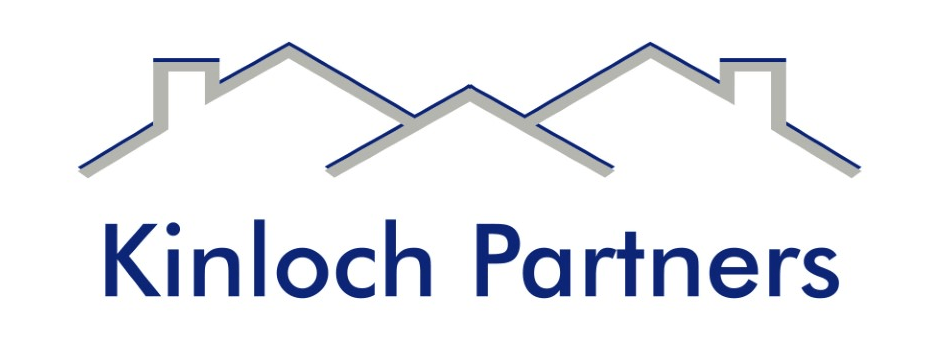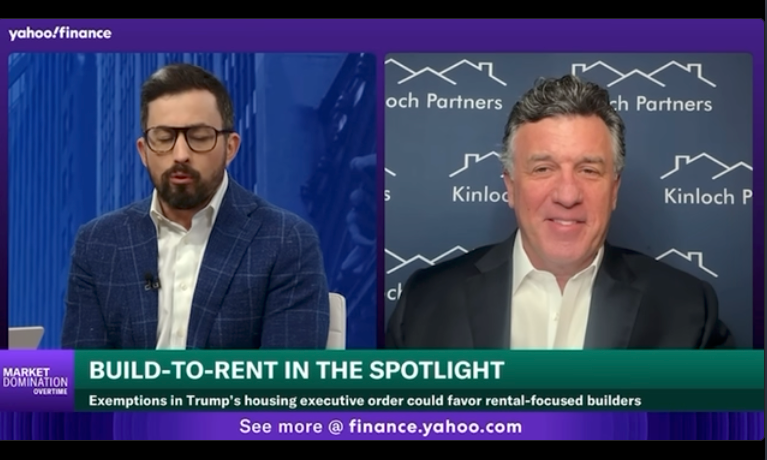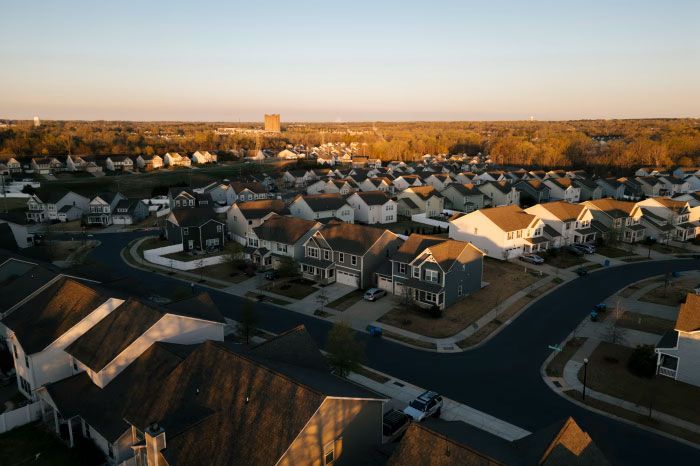Home Builders Offer to Sell Homes in Bulk at Discount to Investors

Full story can be found on the Wall Street Journal, here.
As mortgage rates hit a 15-year high and individual buyers back away, builders look to unload both planned and completed homes
With mortgage interest rates pushing 7%, traditional buyers are retreating from purchases.Photo: Justin Sullivan/Getty Images
By Will Parker
Oct. 3, 2022 5:30 am ET
American home builders are stuck with more houses and land than they can sell. That presents an opportunity for investors such as Bruce McNeilage.
The co-founder of a rental-home investment company, Kinloch Partners, is looking for a deal on homes so he can rent them out while the single-family rental market is hot.
Mr. McNeilage says he has received as many as 10 calls a week from builders eager to sell their homes in bulk and reduce inventory, now that traditional family buyers are backing away with mortgage rates at a 15-year high. Builders have offered to sell him thousands of completed or planned homes at discounts of up to 20% of what they would likely charge prospective home buyers.
“We are being cold called by builders we don’t even know,” Mr. McNeilage said. “They’re saying, ‘Nobody is going to qualify for financing. We’re going to suck wind on this. Let’s contact investors and see if they want an entire subdivision.’”
Big builders had a booming business during the pandemic selling to traditional buyers. But with mortgage interest rates pushing 7%, these buyers are disappearing from model home showrooms across the country. Last month was the worst September for new construction buyer traffic since 2012, according to the NAHB/Wells Fargo Housing Market Index.
Signs that builders will have too much home and land inventory on their hands are growing. There were 14% more homes under construction this August than there were a year ago when the sales market was more robust, according to U.S. Census Bureau figures. Major home builders, including Lennar Corp. and KB Home, have reported walking away from contracts to buy thousands of lots for future building projects.
“We are anticipating that you will see more of that from the builders,” said Carl Reichardt, managing director and home-building analyst at BTIG, a financial services firm.
In some cases, landlords who can pick up large bundles of homes are the most eligible customers remaining. Consequently, landlords get better prices for homes than owner-occupiers do. The discounts to estimated retail value are generally in the range of 10% to 15%, investors and brokers said.
Financing these home purchases has become more expensive for investors as interest rates rise. In July, new homes accounted for just 2% of total investor home purchases, according to Rick Palacios, researcher at John Burns Real Estate Consulting LLC. That figure was around 6% in the second quarter of 2020. Overall home purchases by investors also have declined slightly, according to real-estate company Redfin.
Yet investors are still taking those home builder calls. Some figure as the builders continue to struggle to sell homes, they will eventually have to offer even sweeter terms to bulk buyers.
“The scarier things get, the more attractive this becomes,” said Adam Stern, founder of single-family rental brokerage Strata SFR.
One builder making those calls is Stanley Martin Homes, a Reston, Va.-based firm that recently contacted investors with an offer to sell about 300 homes in the Southeast, according to people familiar with the matter.
Dean Myerow, co-founder of Fort Lauderdale, Fla., rental owner and developer Southern Waters Capital, said he is in contract to buy 20 new homes a month from a builder in Florida. The builder’s retail business has dried up in recent months amid higher interest rates, Mr. Myerow said. He estimated the discount to retail he will receive on the homes is between 15% and 20%.
“We think rental rates will remain very strong,” he said.
Rental investors still focus primarily on existing homes. But in recent years they also have proven to be eager buyers of new construction. Buying homes in bulk next to each other instead of scattered is easier to manage, investors said. Their purchases of handfuls of completed houses, empty lottage or even whole communities can help builders make their margins in both up and down markets.
Even in strong markets, a discounted sale to a landlord can be an attractive deal for a builder. By selling homes in bulk, builders save on the cost of operating a sales office and other marketing expenses. Homes planned for rent are also cheaper to complete because they involve fewer customizations.
If home builders sell more to investors it will mean fewer options for people looking to buy new homes. The sales could protect current homeowners, however, by keeping home prices from falling more than they might otherwise.
Write to Will Parker at will.parker@wsj.com











